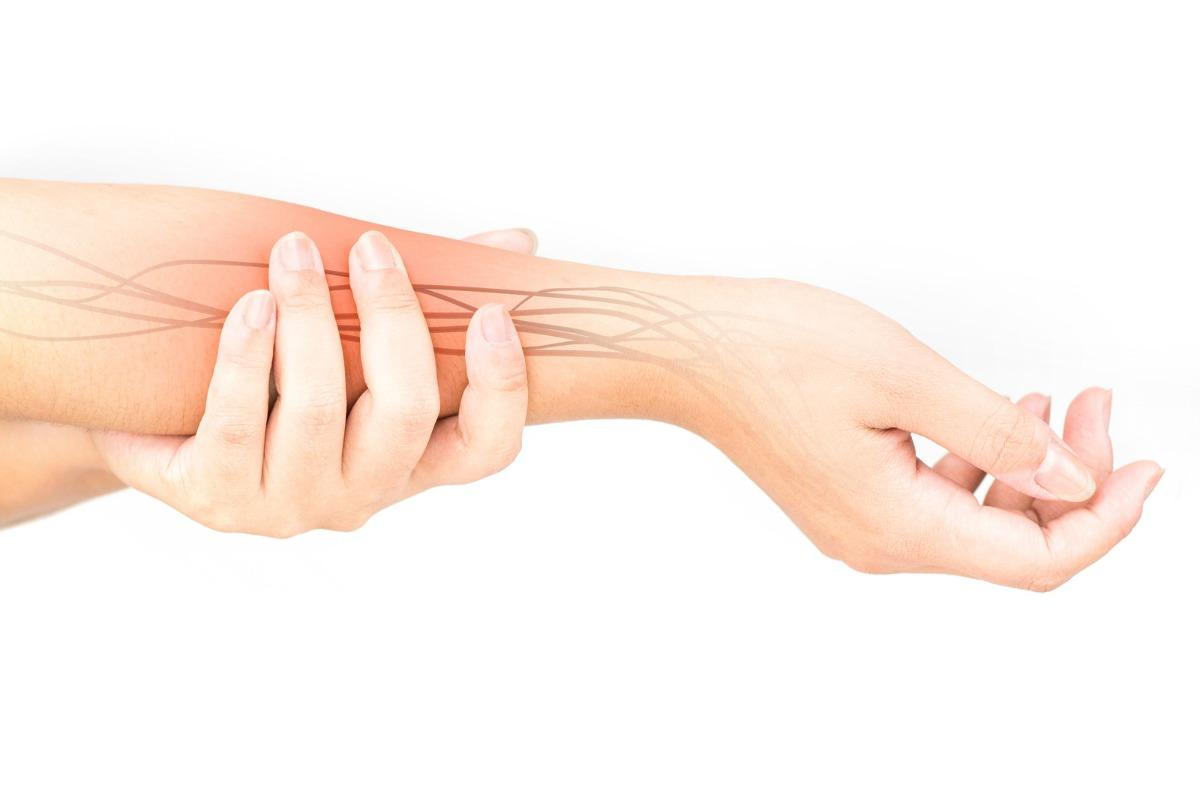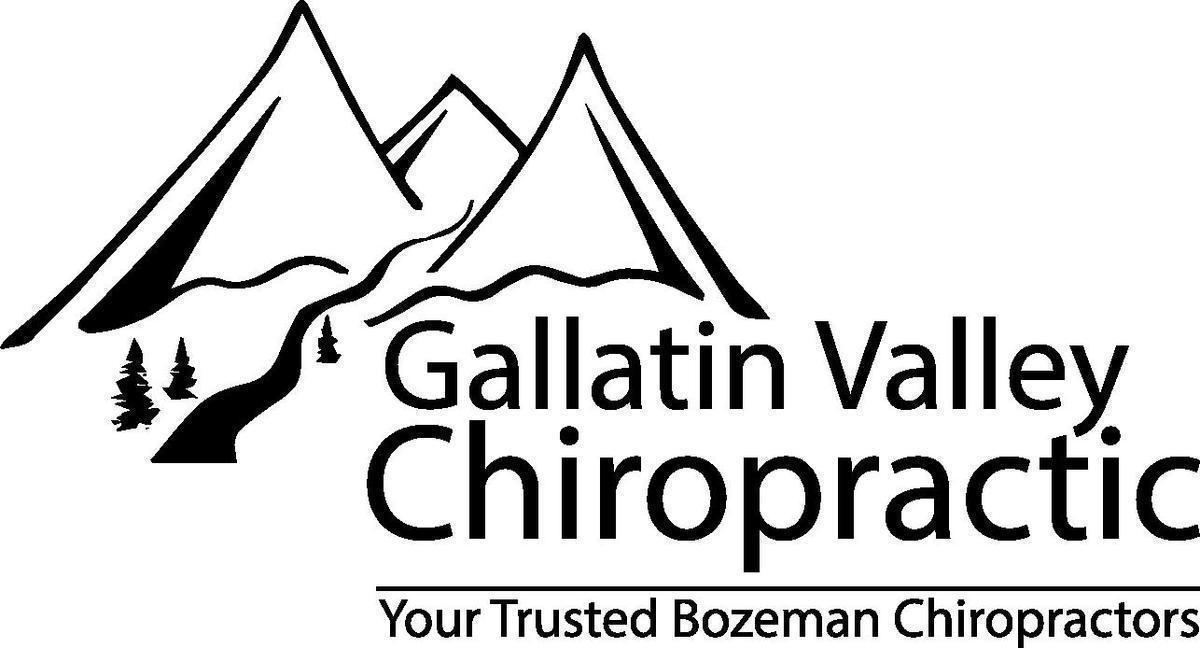What is a pinched nerve and how can chiropractic help
posted: Oct. 04, 2022.

How does a pinched nerve work?
The term, "pinched nerve" is a broad term used for any nerve compression throughout the body when too much pressure is applied to a nerve by surrounding tissues such as bone, tendons, ligaments, cartilage, muscles, etc. Nerves can get “pinched” due to a number of different reasons, and much like muscles, can get damaged by getting compressed, over stretched, partially torn or in severe cases even completely severed.
Nerve pathology
- When pinched, nerves can develop what is called neuritis. Neuritis broken down means "inflamed nerve". Nerves can become inflamed, they can have symptoms that may include hypersensitivity, numbness, tenderness, conformed sensation and movement dysfunction. Neuritis can be caused not only by a pinched nerve, but also by trauma, infection or an autoimmune disease. The most common nerve pinching is classified as neurotmesis, which we will describe in more depth below.
There are three levels of nerve damage
- Neuropraxia (most common)
- Neuropraxia can be described as the most minimal nerve damage, with just slight focal demyelination, but does not have a disruption in nerve transduction. Meaning, there is slight damage to the protective cover but the nerve is able to still transmit signals where they want. Patient symptoms can be described as pins and needles or paresthesia.
- Axonotmesis
- Axonotmesis is slightly more severe than neuropraxia as it has more damage, there is usually damage to the perineurium and endoneurium. The axon in charge of transferring nerve conduction can be damaged but is usually still intact. The patient's symptoms are more severe often described as “shooting lightning bolts," they often feel weaker and can have beginning stages of muscle atrophy.
- Neurotmesis
- Neurotmesis is the most severe of the three as it involves the entire nerve being severed. The nerve often cannot communicate with the other side of the severed nerve. This leads to complete muscle weakness, numbness and even muscle atrophy.
Where can nerves get pinched?
Nerves can get pinched right inside of the spinal column, at their exit point at the foramen of the spine, or peripherally via muscles and other soft tissue.
Central Canal or Spinal Column
- Spinal stenosis
- Narrowing of the spinal canal which is often times due to arthritis and bone spurring, but can also include disc bulging, tumors, ligaments, etc.
- Degeneration
- Osteophyte (osteoarthritis) buildup that narrows spinal canal
- Herniated disc
- Posterior herniation or disc bulging that can result in inflammation and excess pressure on spinal cord
- Trauma
- Resulting in misplaced or subluxated vertebrae and broken fragments of bone or disc material
- Thickening of spinal ligaments
- Such as the anterior longitudinal ligament commonly seen with patients who have D.I.S.H.
- Pathologies
- Neurofibroma
- Schwannoma
- Tumor
- Spinal stenosis
Peripheral Entrapment (distal to the spinal cord)
- Plexus Entrapment
- A plexus is a neurovascular bundle (blood vessel and nerve involved) that can get entrapped by certain muscles. This can cause numbness, tingling, weakness, etc. down the arm and legs.
- Examples include brachial plexus (often involving thoracic outlet syndrome), lumbar plexus and lumbosacral plexus.
- Long tract nerves
- There are a number of nerves that are called "long tract nerves" that can all get entrapped by muscles and soft tissue that they cross over/ under as the nerves travel throughout the body. Some of the more common nerves and nerve entrapments include...
- Median nerve
- common entrapments include pronator teres syndrome, carpal tunnel syndrome
- Ulnar nerve
- common entrapments include cubital tunnel and the tunnel of Guyon
- Radial nerve
- Common entrapments include Saturday night palsy and quadrangular space syndrome
- Sciatic nerve
- Common entrapment includes piriformis syndrome
- Femoral nerve
- Common entrapment includes the psoas muscle, as well as the inguinal ligament.
- Median nerve
- There are a number of nerves that are called "long tract nerves" that can all get entrapped by muscles and soft tissue that they cross over/ under as the nerves travel throughout the body. Some of the more common nerves and nerve entrapments include...
to schedule call us at 406-551-2177 or go online to gallatinvalleychiropractic.com
